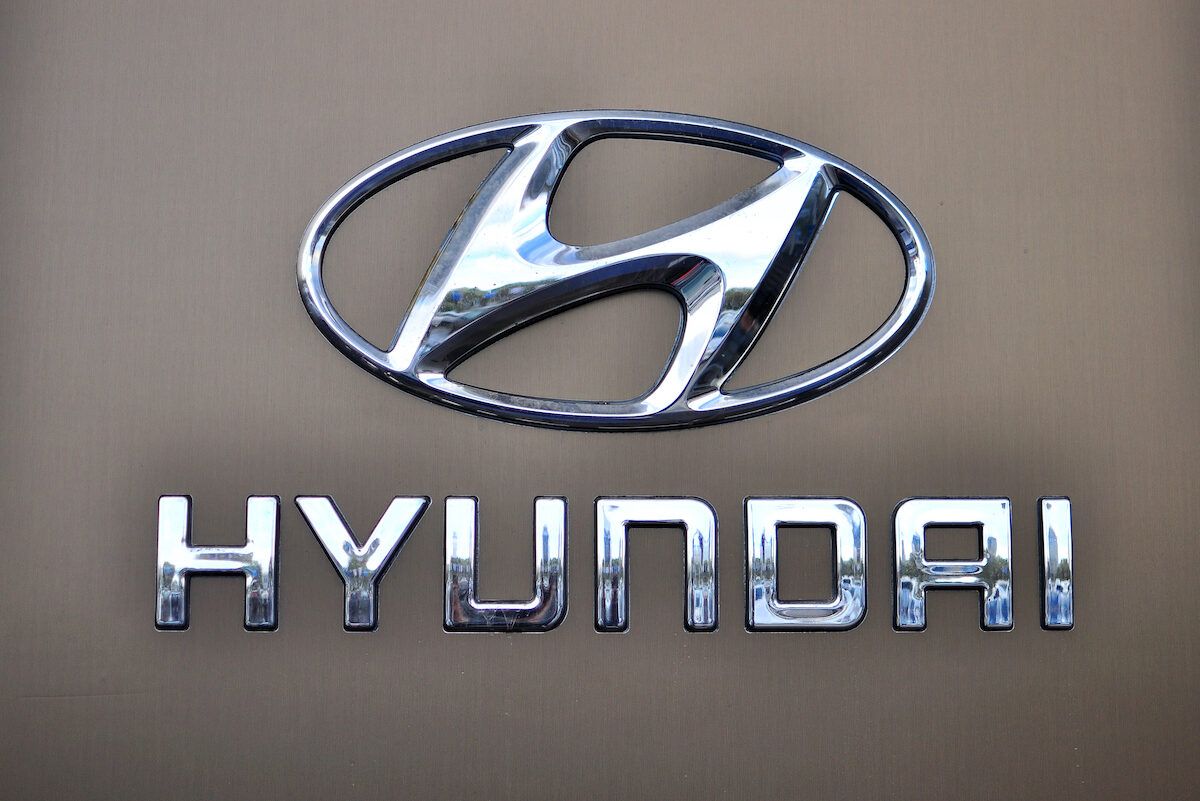
Update:
- A judge dismissed a class action lawsuit filed by a group of vehicle owners against Hyundai Motor Co. in a California federal court.
- The class action lawsuit claimed a number of Hyundai and Kia model vehicles contained an engine defect that caused them to use an excessive amount of oil.
- The vehicle owners argued the alleged defect, in addition to costing them money for the excess oil, caused the vehicles to stall and eventually fail.
- Court approval of the dismissal was not required as the class had not been certified nor proposed to be certified for purposes of a settlement, according to court documents.
Hyundai excessive oil consumption class action lawsuit overview:
- Who: A group of Hyundai and Kia vehicle owners are suing Hyundai Motor Co.
- Why: The drivers allege numerous models of Hyundai and Kia vehicles are equipped with defective engines that use excessive amounts of oil, stall and eventually fail.
- Where: The lawsuit was filed in a California federal court.
(April 20, 2022)
Hyundai makes numerous models of Hyundai and Kia brand vehicles with defective engines that use excessive amounts of oil, costing their owners huge sums of money, a new class action lawsuit alleges.
On Apr. 12, eight owners of Hyundai and Kia brand vehicles filed a class action lawsuit against Hyundai Motor Co. in a California federal court, alleging violations of federal warranty laws.
The Hyundai excessive oil consumption lawsuit alleges that numerous models of the automaker’s vehicles are equipped with defective Nu, Gamma, Theta, Lambda and Kappa engines.
The defective engines allegedly use excessive amounts of oil, stall and eventually fail. The drivers say Hyundai should have issued a recall for the vehicles a long time ago but hasn’t.
As a result, thousands of Hyundai and Kia owners and lessees have allegedly been forced to constantly check the oil levels, and oil must be added to the engines more frequently than even the owner’s manuals recommend, Car Complaints reports.
The engine issue has flow-on effects like reduction in engine lubrication due to crankshaft submersion and gaskets and seals damage, which leads to oil leaks.
The plaintiffs also claim that oil in their vehicles migrates to places where it shouldn’t be, damaging the combustion and exhaust systems.
This allegedly causes “abnormal wear of engine parts, oversaturation of carbon and deposits of oil sludge, ultimately requiring a costly engine rebuild or replacement.”
Automaker should honor warranty claims outside terms, Hyundai class action says
The plaintiffs allege that Hyundai should honor customers’ warranty claims even when the warranties have expired.
According to the lawsuit, Hyundai can’t adequately repair the oil consumption problems and doesn’t offer any reimbursement for out-of-pocket costs caused by the issue.
The class action states customers must suffer through long wait times for replacement parts, “and in most cases do not receive required engine replacements.”
The cars with the allegedly faulty engines include the 2012-2020 Hyundai Elantra, 2009-2018 Hyundai Genesis Coupe, 2019-2021 Hyundai Kona, 2020-2021 Hyundai Palisade, 2010-2012 and 2015-2021 Hyundai Santa Fe, 2009-2010 and 2015-2021 Hyundai Sonata, 2011–2021 Hyundai Sonata Hybrid, 2010-2013 and 2015-2021 Hyundai Tucson, 2011-2021 Hyundai Veloster, 2020-2021 Hyundai Venue, 2010-2021 Kia Forte, 2017-2020 Kia Niro, 2011-2020 Kia Optima and Optima Hybrid, 2012-2021 Kia Rio, 2011-2020 Kia Sorento, 2012-2021 Kia Soul, 2011-2020 Kia Sportage, 2018-2021 Kia Stinger and 2022 Kia K5.
Meanwhile, Hyundai has expanded its recall of vehicles with an exploding seat belt part issue that has caused multiple injuries to include 6,240 of its 2021-2022 Elantra and 2020 Accent vehicles.
The plaintiffs are represented by Nye, Stirling, Hale & Miller LLP, Sauder Schelkopf LLC and Walsh, PLLC.
The Hyundai Oil Consumption Lawsuit is Cho, et al., v. Hyundai Motor Company, LTD., et al. in the U.S. District Court for the Central District of California.
Are you one of the drivers affected by an allegedly faulty Hyundai engine? Let us know in the comments!
Don’t Miss Out!
Check out our list of Class Action Lawsuits and Class Action Settlements you may qualify to join!
Read About More Class Action Lawsuits & Class Action Settlements:















3,222 thoughts onHyundai class action over excessive oil consumption dismissed
2015 Sonata is using WAY more oil than it should and dealership has no reason why , or offers any remedies.
I bought a used 2017 Kia Sedona minivan in 2018. The vans engine seized in 2019 and neither Kia nor the 3rd party warranty company would remedy. Said I didn’t change the oil enough, despite the fact that I had. Wouldn’t even look at my evidence. Had to pay to have engine replaced with another used Kia engine with only 30,000 miles on it. Last Friday, the van stalked out again and it appears the engine has seized, again. My model isn’t on your list so it sounds like I’m screwed, despite having the same experiences, twice, as many others have described.
I have had problems with my kia rio 2017 for the few months I’ve had three oil changes by kia since Feb they say that my car is burning excessive oil but there’s nothing they can do about it.
My 2017 Hyundai Sonata is burning through oil at a crazy rate. If I get an oil change, within four weeks or 1000-1500 hundred miles, I need to put in another 4-5 quarts. A month later, the oil is black is needs to be changed again. I started using full synthetic oil at 85,000 miles. I’m at 95,000 miles right now. At this rate, I need an oil change every month. The dealership I actually purchased the vehicle from does not even want to do a trade in and I think that’s saying quite a bit.
My 2017 Hyundai Santa Fe is using a quart of oil about every 300 miles even with new oil .
My 2016 Santa Fe Sport just started using more oil in the last month and a half. Three quarts to date. Looking at other types of SUVs. Travel too much to take a chance on having an engine fail or blow out while on a trip. I love this car!!!…but am afraid to drive it now.
Having the same issue with Hyundai Sonata
2017 Veloster owner here. We have blown through three catalytic converters and burn oil like crazy. It’s in limp mode now and no suitable replacement engines are available
This happened to my 2017 Hyundai Santa Fe
I have a 2016 Hyundai Tuscan 2.0 engine, my car burns 2 quarts of oil every week, took it to Florida for bike week n on the way back engine blew so now what am I supposed to do with it I still owe money on the car grrr, looking for an engine n there 6k
Same here. Oil consumption was insane. Now it rattles like it’s coming apart. Still owe money and the engine with install is almost as much the vehicle value. Waiting for parts, overpriced used parts and the poor service warrant on these vehicles make it a now purchase manufacturer the future.